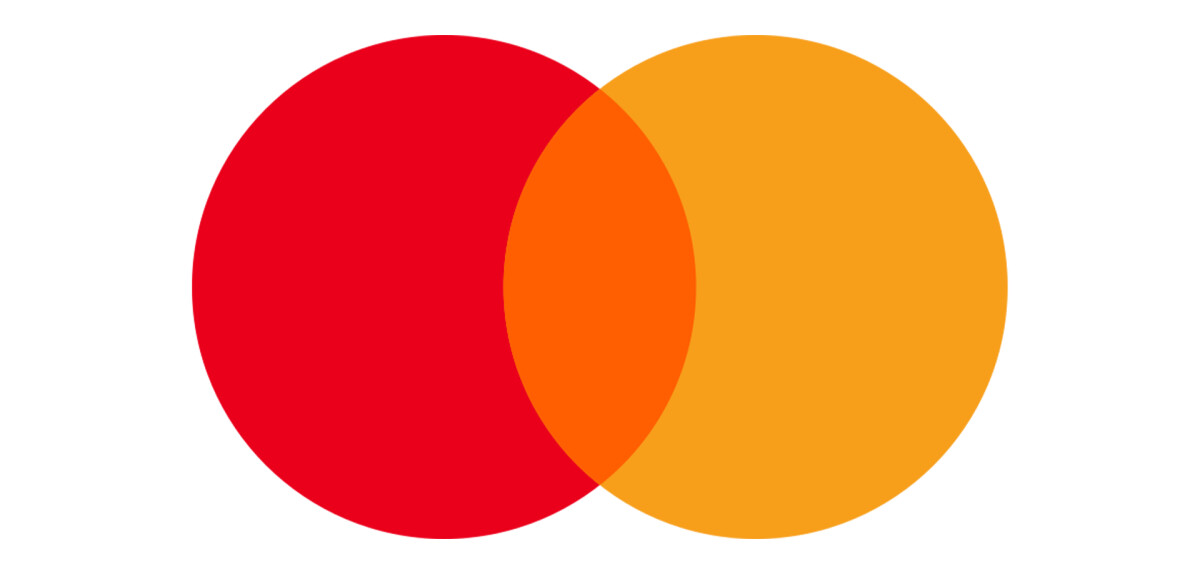Mastercard has announced a successful demonstration of an innovative solution that enables the wrapping of Central Bank Digital Currencies (CBDCs) on various blockchain networks.
This solution emerged from a collaboration between Mastercard, Cuscal, and Mintable as part of a research project conducted with the Reserve Bank of Australia (RBA) and the Digital Finance Cooperative Research Centre (DFCRC).
The primary objective of this initiative, according to Mastercard, is to explore potential applications of a CBDC in Australia.
It incorporated stringent controls to ensure that the pilot CBDC could only be owned, utilized, and redeemed by authorized entities who had undergone Know Your Customer (KYC) verification and risk assessment by licensed service providers.
This will give consumers enhanced security and simplicity when engaging in transactions across various blockchains.
Mastercard showcased the program’s demonstration in a live environment, offering insight into how it enables holders of a pilot CBDC to purchase a Non-Fungible Token (NFT) listed on the Ethereum public blockchain.
The process involved locking the required amount of pilot CBDC on the RBA’s CBDC platform and generating an equivalent amount of wrapped pilot CBDC tokens on the Ethereum network.
Furthermore, this pilot program leveraged two fundamental aspects of the Multi Token Network introduced by Mastercard in June 2023.
This network provided a framework for more efficient payment and commerce applications using blockchain technology.
This includes Mastercard Crypto Credential, a system that establishes common verification standards and infrastructure for secure interactions on blockchain networks.
Additionally, it offered interoperability, enabling the use of capabilities across multiple supported payment tokens and networks in a scalable manner.
Mastercard further emphasized that a critical requirement for this test transaction was the Ethereum wallets of both the buyer and seller, as well as the NFT marketplace smart contract.
Zack Burcks, CEO and founder of Mintable, commented on the collaboration, saying:
“In collaboration with Mastercard, we’ve pinpointed a scenario in which digital currencies and NFTs can seamlessly integrate, possibly eradicating fraud and theft, eliminating the risk of losing documentation and records, and unlocking fresh opportunities for commerce.”
Australia’s Central Bank Completes CBDC Pilot Program
Australia’s central bank has been actively exploring the potential benefits of CBDCs for the nation.
Prior to the latest wrapped CBDC trial, the Reserve Bank of Australia had completed a trial of its own CBDC.
On August 23, a 44-page report from the bank and the Digital Finance Cooperative Research Centre revealed their conclusions.
The pilot program identified four key areas where a CBDC could bring about improvements.
One such area involved facilitating “smarter” payments by enabling more intricate payment arrangements not supported by existing payment systems.
The research also highlighted how a CBDC could stimulate innovation within the expanding private digital currency sector, support financial innovation in debt securities markets, and improve inclusivity and resilience in the broader digital economy.
The report also outlined various proposals from the 16 companies that participated in the pilot program, emphasizing the potential benefits of a CBDC in enabling “atomic settlements” – a simultaneous and instantaneous transaction settlement.
Additionally, a CBDC’s programmability was noted as a potential enhancement that could enhance efficiency and reduce risk in various complex business processes.
However, the analysis concluded that further research was necessary to fully explore the potential advantages of a CBDC, even though its implementation could enhance efficiency and resilience in specific aspects of the Australian payments ecosystem.
